How to Be More Sustainable: A Guide to Getting Started
Updated June 27 2023, 3:29 p.m. ET
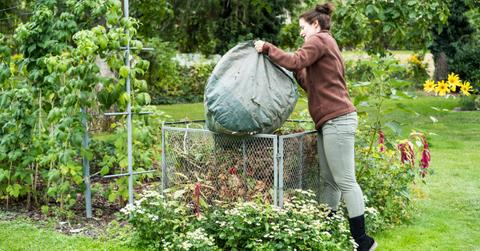
At Green Matters, we pride ourselves on being advocates of sustainable living. This belief permeates everything we write, it influences our daily lives and our choices, and we hope that it inspires you to make positive, environmentally-conscious decisions in your lives.
And while we know a great deal about sustainable living, the advent of new options and best practices means that we’re constantly evolving and learning how to be more sustainable every day.
If you want to transform your life into one that is more sustainable for both the planet and yourself, keep reading for our guide to living more sustainably.
What does sustainable living mean?
Living a sustainable lifestyle means reducing your own environmental impact in ways that are both sustainable to Earth and to your own life.
At the highest level, it means reducing your use of natural and non-recyclable resources, using clean energy, eating fewer animal products, shopping locally, and shopping for items that are produced via sustainable means — basically anything that you know to be environmentally-friendly.
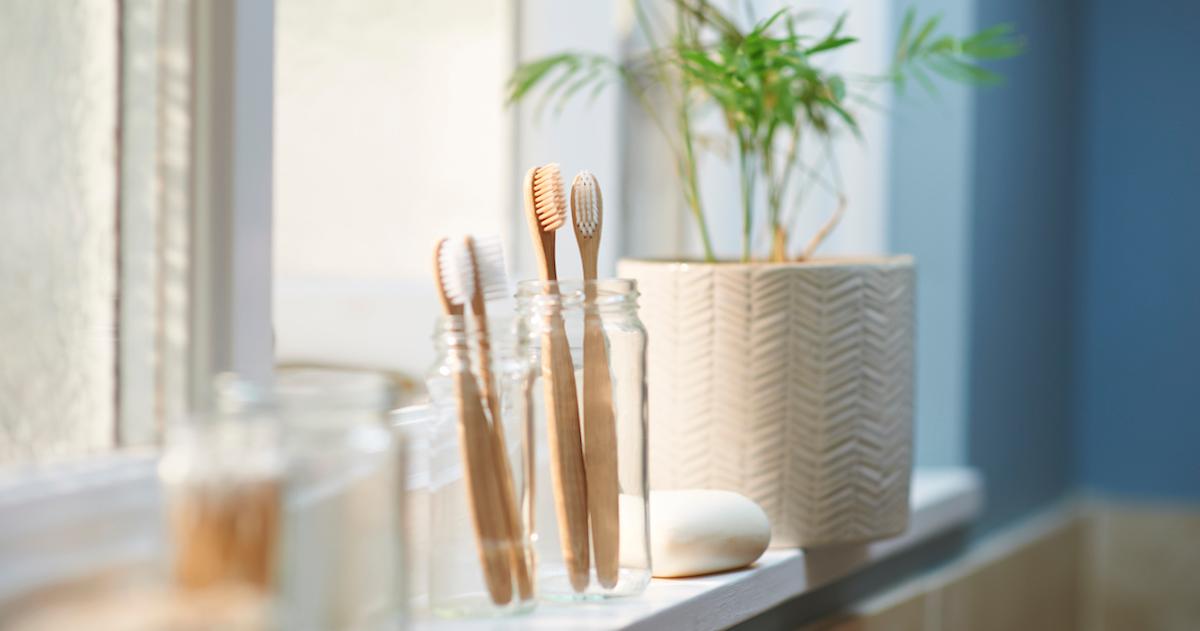
Of course, sustainable living is not nearly as simple as all of that. As a culture, we are used to a certain lifestyle. Even those who try to recycle more or avoid meat often lose track of how much they actually consume. It’s a sticky wicket and there are many gray areas between living sustainably and going entirely zero waste.
How to be more sustainable:
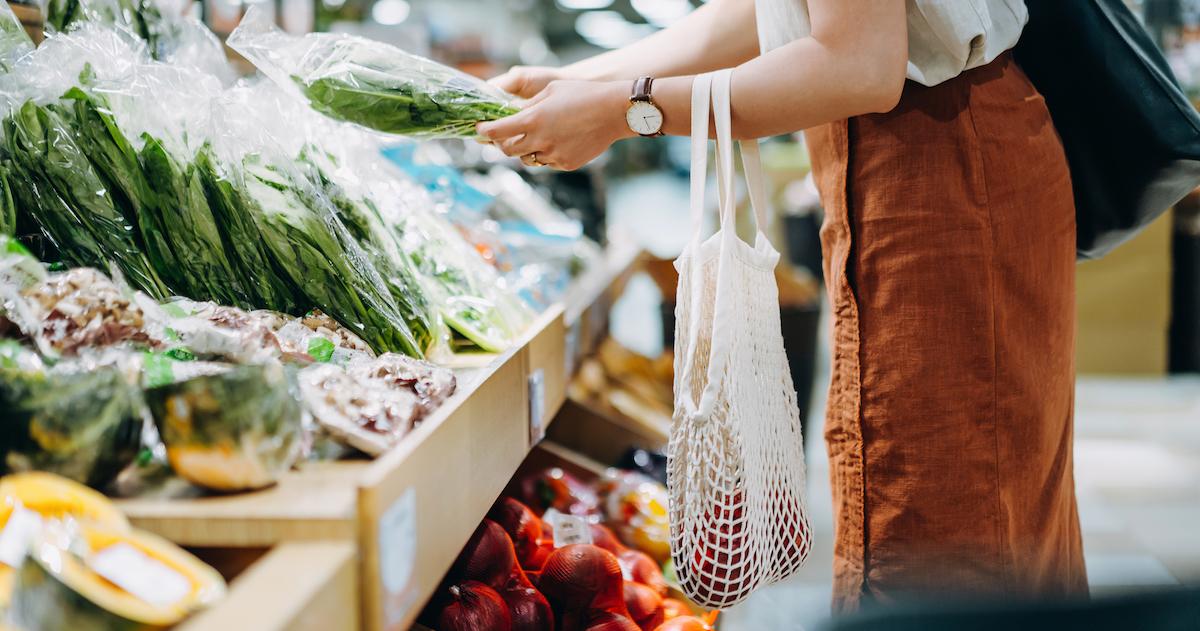
Read on for a few of our favorite tips to help you to live more sustainably.
Eat less meat.
We know that not everyone who reads this is going to go full vegan or vegetarian, but eating even a little less meat is a great way to be more eco-friendly and health-conscious. Try Meatless Mondays, or incorporate one or two plant-based meals every day. Cutting out "red meat" entirely, which has the highest environmental impact of any animal product, can be a boon to your heart and your planet.
To learn more, check out our guide to transitioning to a plant-based diet.
Compost rather than throwing it all out.
Composting is a great way to repurpose your waste into something productive. It may be a bit of a process to begin a compost bin, but even a small indoor one will yield results in a few months if it’s built right. You can’t compost everything, of course, but you can avoid throwing too much into overflowing landfills by reconstituting it into fertilizer at home.
Check out our guides to composting in your backyard and inside your house.
Grow your own food.
If you start composting at home, you can then use that fertilizer in your backyard or kitchen garden. Growing your own food is a great way to save money and consume less. Nothing feels more sustainable than having your own crops come in, eating them, using the kitchen scraps for compost, and growing them again the following season. It’s a sustainable home run!
If you have the space on your property, try planting a tree, too. Extra trees mean more oxygen, protection from the sun, and even a better mood.
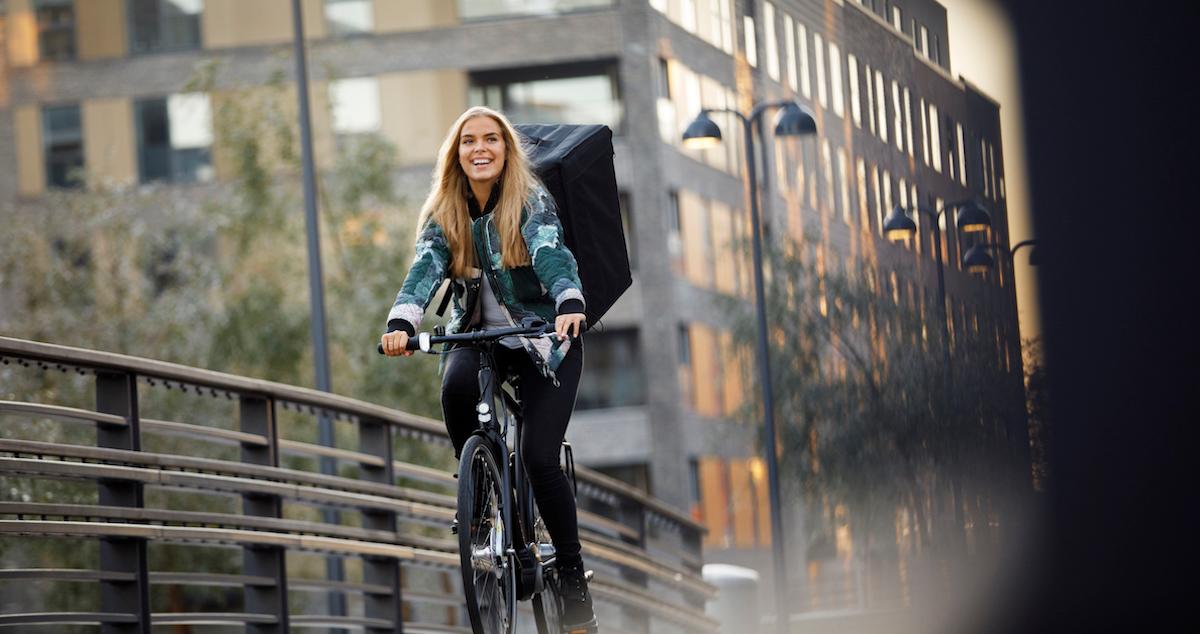
Drive less — or not at all.
If you work from home — like so many people these days — or if you live close enough to your office, you may want to consider getting rid of your car. Instead, you can walk, bike, or take transport.
Or, if a car is a necessity in your life, you could try looking for an eco-friendly electric vehicle or hybrid when it's time to upgrade your car.
If that’s not in the cards, keeping up with car maintenance, such as keeping tires inflated, the oil changed, and the engine running smooth can all help to lower your impact. The more efficiently your car runs, the less fuel you’ll burn, and the fewer resources you’ll need to consume.
Recycle everything and stop using plastic.
Recycling is literally the least you could do to be more sustainable. Recycle your cardboard, metal, plastic, and glass. Recycle motor oil, batteries, and electronic equipment. Recycle everything!
And on the subject of plastic, do everything in your power to avoid using it. This will be a difficult one, because plastic has enmeshed itself into every square centimeter of our lives. But doing things like carrying canvas bags while shopping, and a reusable water bottle and cutlery while on the go, are good ways to eliminate the excess.
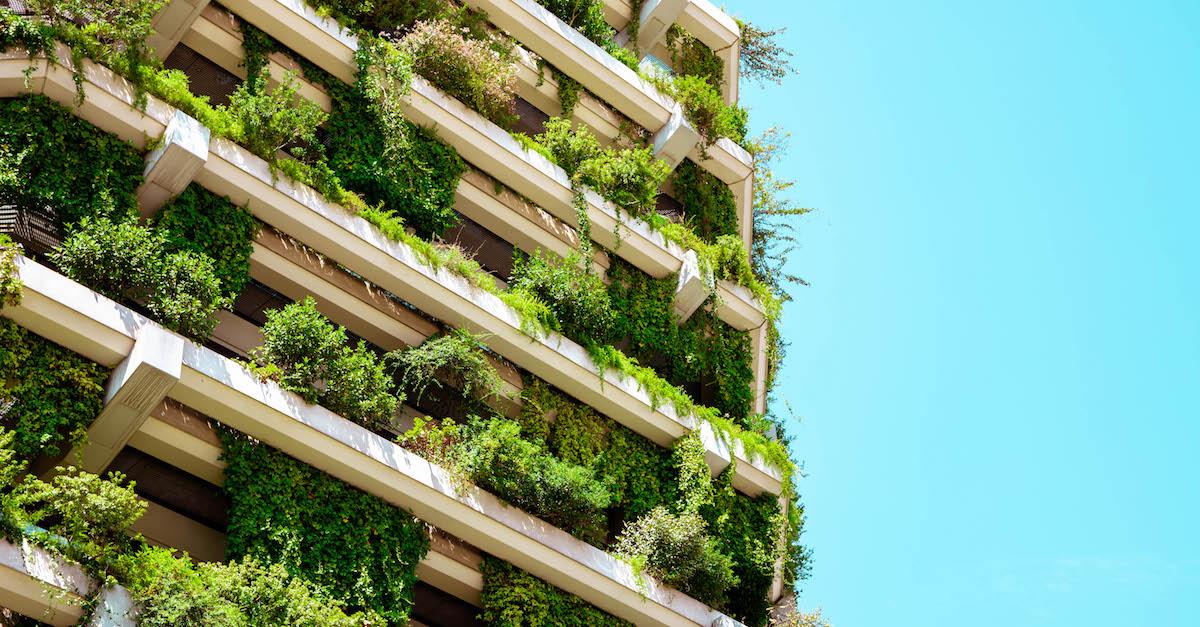
Use energy-efficient products and light bulbs.
Energy efficiency is the name of the game here, and it starts with the littlest things in your home. LED light bulbs are a good place to start. The more efficient your light bulbs are, the less energy they use, the less coal is burned at the power plant, and so on. It’s a domino effect that works its way up to grander and more important concepts.
Solar power and other renewable energy sources are becoming more popular and affordable every day. Switching to 100 percent renewable energy may not be possible everywhere, but it is more possible now than it’s ever been. The process is not without its pitfalls and mainstream acceptance is still years away, but it’s a great way to be more sustainable.
Using less energy, less electricity, less oil in your furnace, and less coal are all part of being sustainable. Try using a microwave instead of an oven. They use far less power and less natural gas. Turn off lights when you’re not in the room, and keep electronics off and unplugged when not in use. These are little, effective ways to lower your impact and your bills.
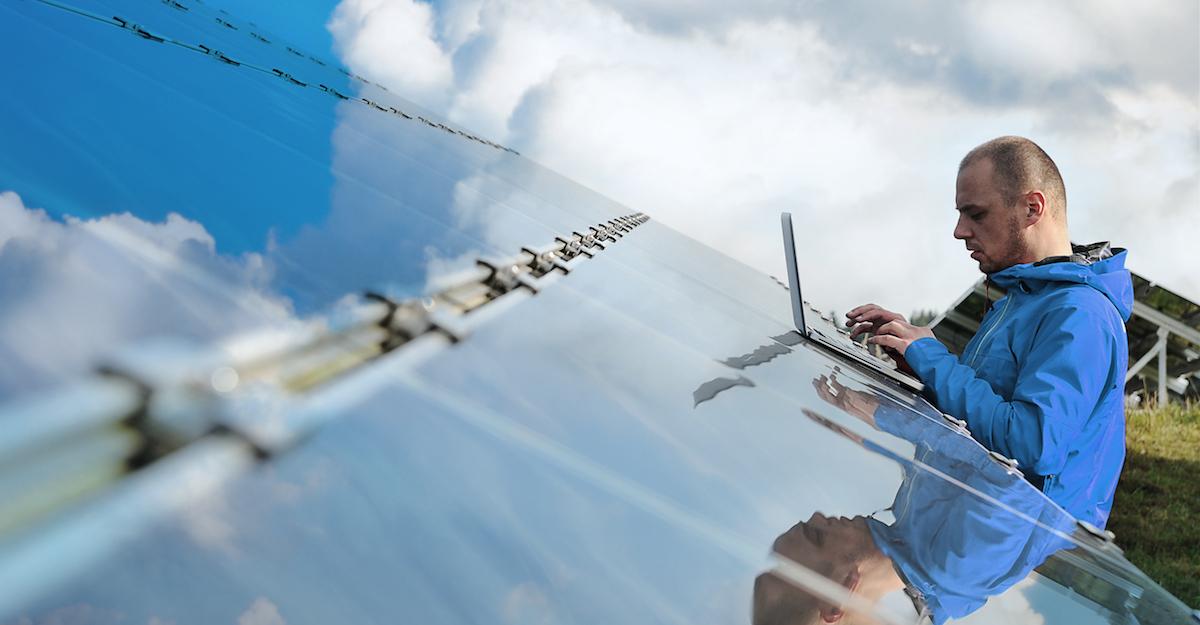
Use eco-friendly cleaning or hygiene products.
This is a big one, too. Many mainstream detergents, skincare products, cosmetics, shampoos, and house cleaners are full of dangerous chemicals that can wreak havoc on natural ecosystems — particularly if they go down the drain, as so many of them invariably do.
Look for more natural products bereft of microbeads or harmful chemical components. You can even find natural, plastic-free toothpaste out there. It’s not a big ask, and most of the products look, smell, and feel so much more natural.
Can I be even a little sustainable and still help?
The good news in all of this is that it doesn’t always matter how you plan on reducing your environmental impact to become more sustainable, just that you do it.
Buy local, use less, or grow more — and whether you’re doing it to save money, help the environment, or because your friends or family do it, every little thing you do in service to the planet, helps the planet. More than that, by choosing to be more sustainable, even by a small measure, you’re ensuring your own future.
This article, originally published on Dec. 4, 2020, has been updated.